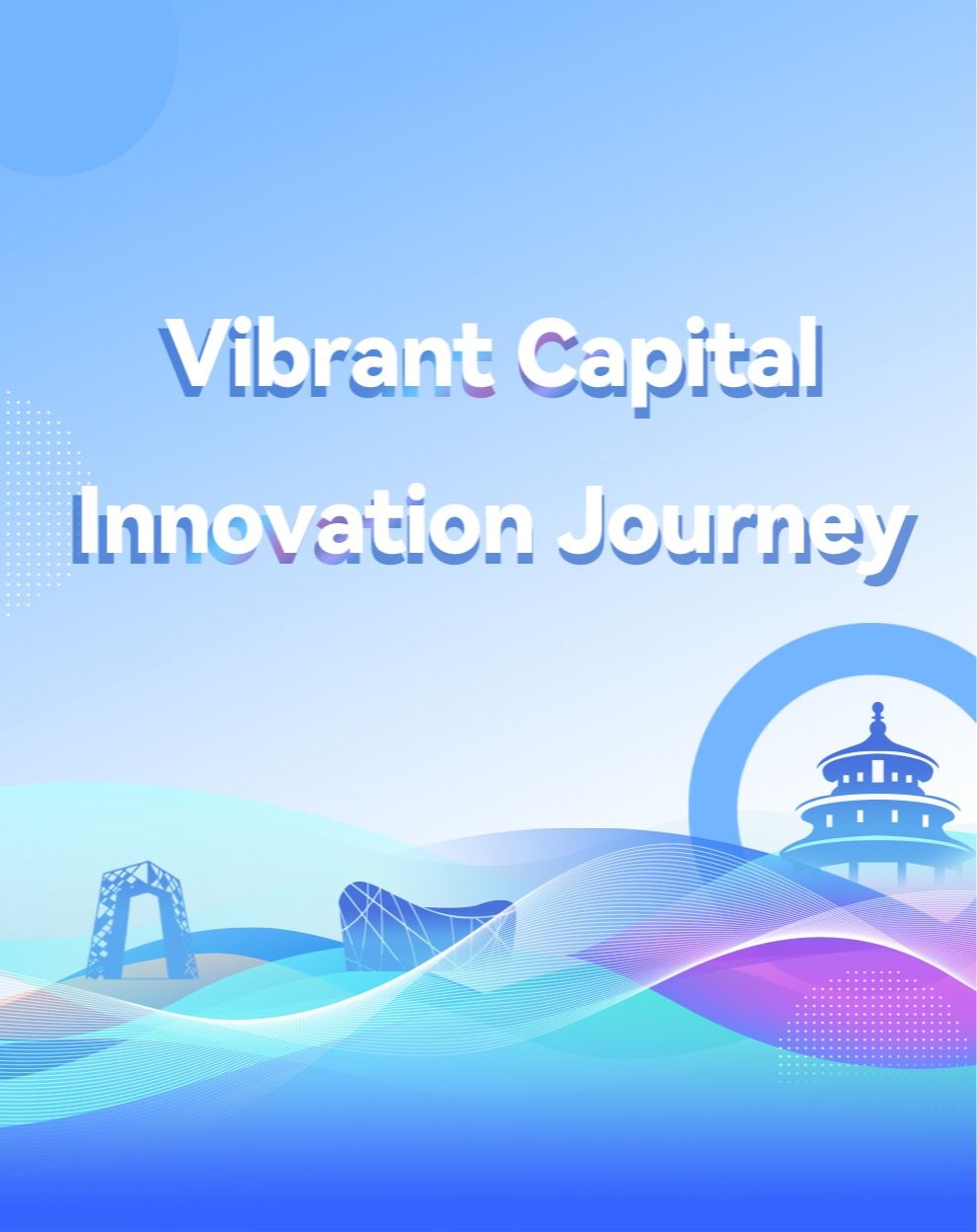On March 12, the 1st Beijing University of Technology-University College Dublin Research Symposium ended on a successful note. The symposium started on March 8 and lasted for a week. Six parallel sessions were held online simultaneously, covering Civil Engineering, Transportation & Architecture, Computer Science & Information Technology, Advanced Manufacturing & Materials Science, Economics & Social Sciences, Bioengineering, and Opto-electrical & Micro-electronic Engineering. There were 20 seminars and 117 academic reports, and the total number of participants was nearly 1,000.
Parallel Session 1: Civil Engineering, Transportation & Architecture
Parallel Session 1 was organized by the Faculty of Architecture, Civil and Transportation Engineering. A total of 11 teaching and research staff from BJUT participated in this session and gave presentations. They conducted in-depth exchanges and discussions on topics such as urban transportation in the intelligent age, advanced earthquake resilient bridge systems, and intelligent transport systems on emergency management, and online visited Beijing Key Laboratory of Engineering Structures of BJUT.
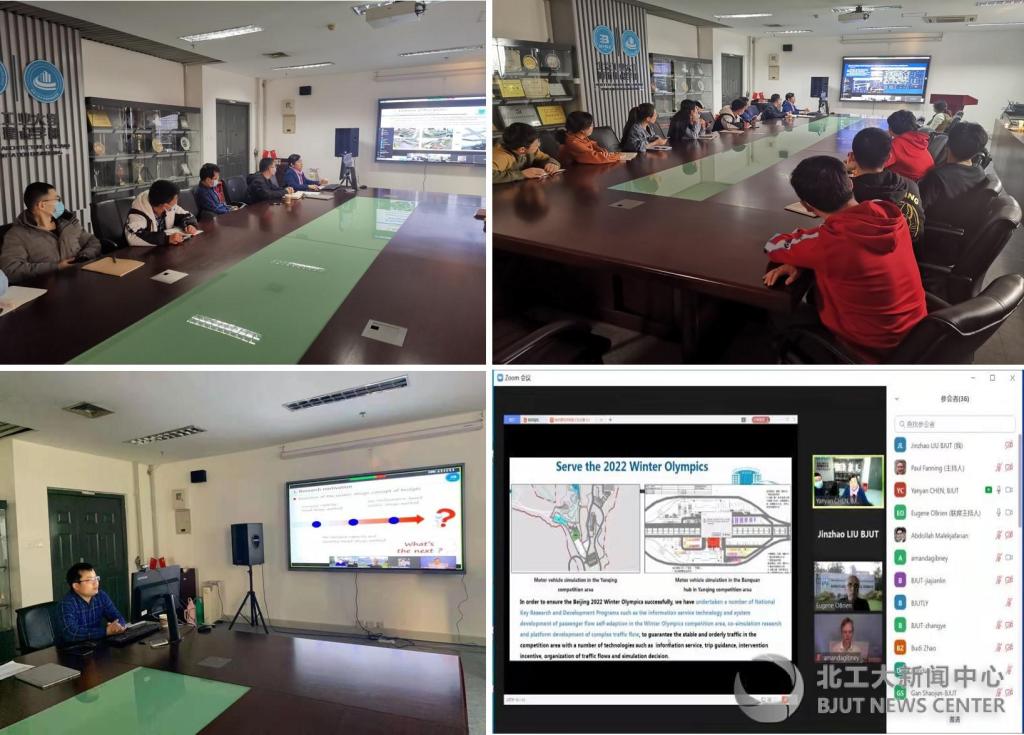
Parallel Session 2: Computer Science & Information Technology
Parallel Session 2 was organized by the Faculty of Information Technology. A total of 12 teaching and research staff from BJUT participated in this session and gave presentations. They exchanged and discussed topics such as software engineering, deep learning, and big data analysis, and demonstrated online the big data mining and data security laboratory and the results of some professional projects of BJUT.

Parallel Session 3: Advanced Manufacturing & Materials Science
Parallel Session 3 was organized by the Faculty of Materials and Manufacturing. A total of 13 teaching and research staff from BJUT participated in this session and gave presentations. The discussion focused on the exchanges and discussions on topics of the stability control and application of metals and alloys, the photocatalytic activity of low-dimensional nanocomposite materials, high-performance magnesium alloys, advanced materials for energy storage devicesand polymer fine micro-nano structures. On the last day of the session, the participants also exhibited the key laboratory of the Ministry of Education for advanced functional materials, and key laboratories for multiscale fluid dynamics, advanced manufacturing, advanced battery materials, and mechanical structure of BJUT to help participants deepen their understanding of the scientific research platforms of BJUT.
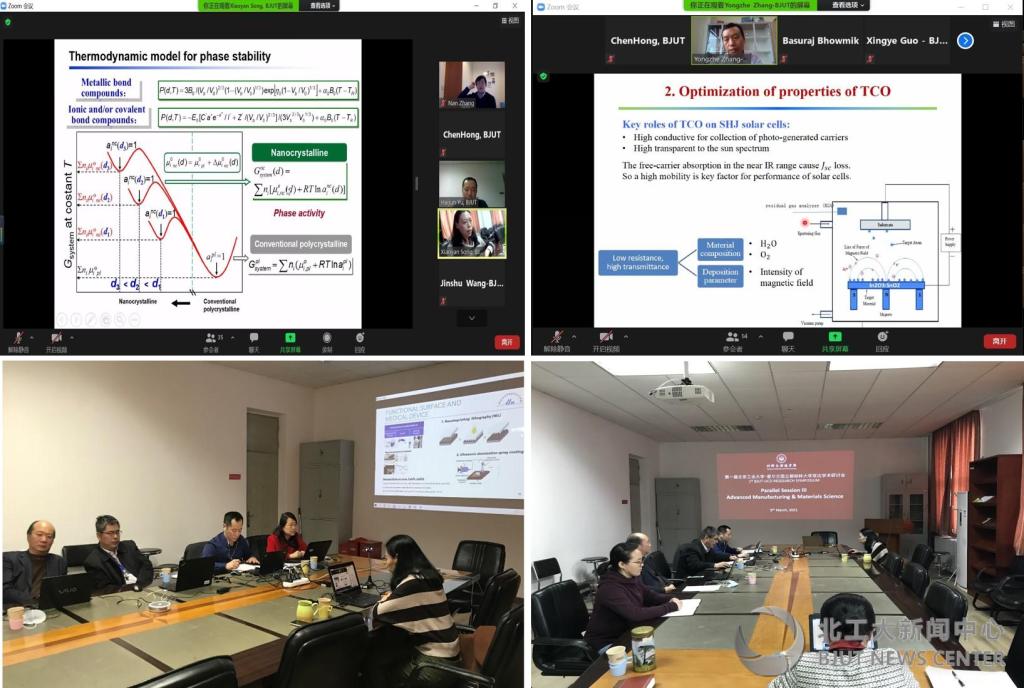
Parallel Session 4: Economic and Social Science
Parallel Session 4 was organized by the College of Economics and Management. A total of 10 teaching and research staff from BJUT participated in this session and gave presentations. The discussion focused on spatial characteristics of China's CO2 emissions and PM2.5 concentration changes, the motivation and manifestation among deceptive online reviews, and other topics.
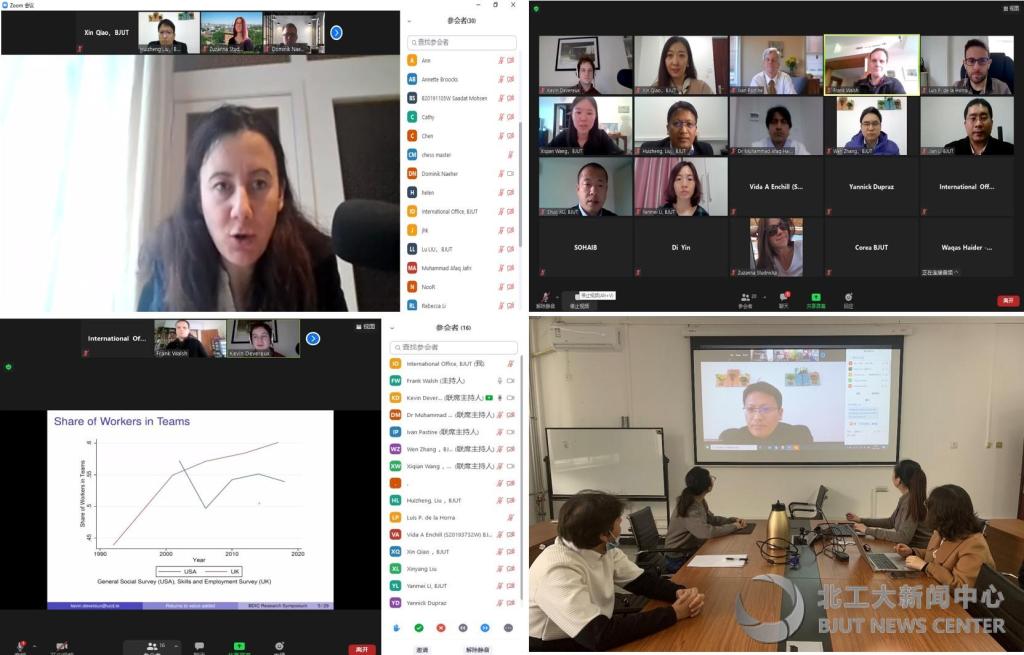
Parallel Session 5: Bioengineering
Parallel Session 5 was organized by the Faculty of Environment and Life. A total of 4 teaching and research staff from BJUT participated in this session and gave presentations. Discussions were conducted on neural image analysis of brain aging, maternal health monitoring technology, intelligent wearable devices in healthcare, and other topics.
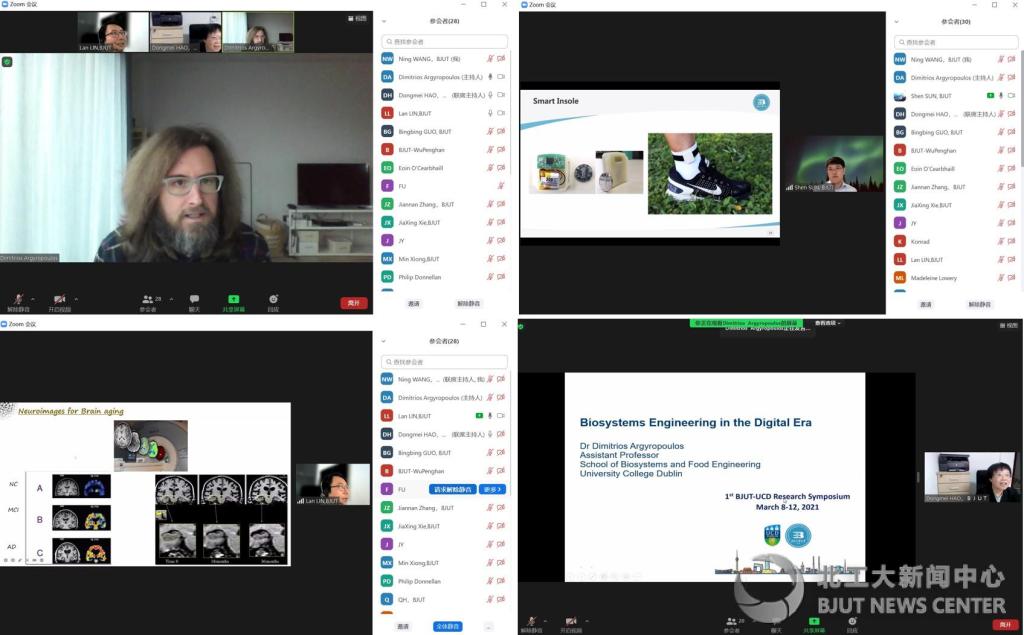
Parallel Session 6: Opto-electrical & Micro-electronic Engineering
Parallel Session 6 was jointly organized by the Faculty of Science and the Faculty of Information Technology. A total of 9 teaching and research staff from BJUT participated in this session and gave presentations. The discussion focused on ultrafast nanophotonics, micro-nano optics, organic microcavity lasers, continuous-wave terahertz phase imaging, ultrashort pulse fiber lasers, thermal reliability in power devices and ICs, micro-power integrated circuits design formedical applications, and other topics. Also, the optical and photonics laboratory and the microelectronics research laboratory of BJUT were displayed online.
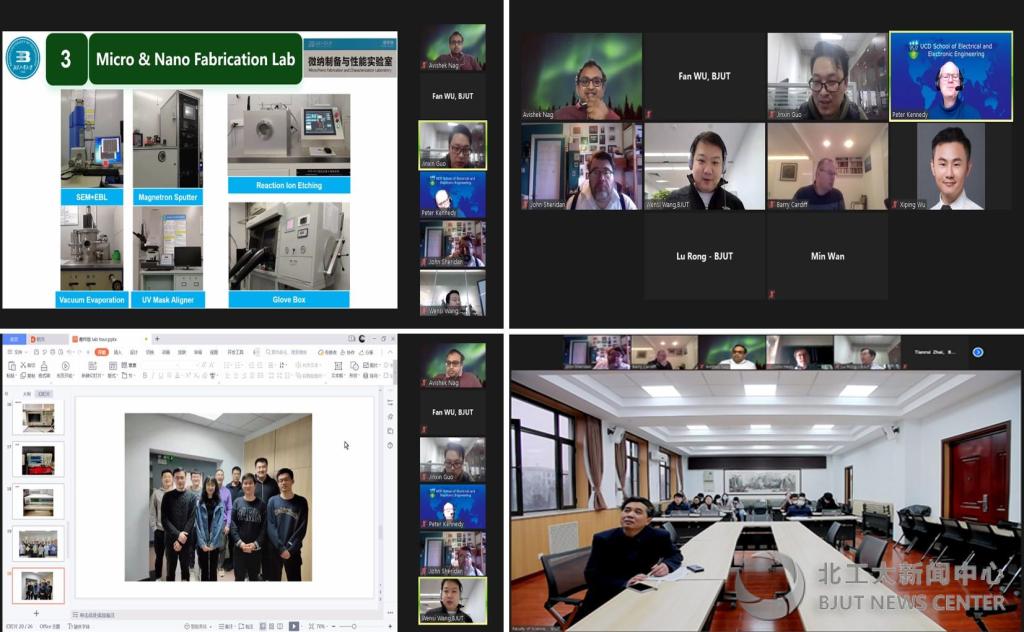
With the restriction on international travel due to global epidemic, this research symposium has built an important academic exchange platform for teachers and students of the two universities. More than a hundred experts and scholars from different disciplines of the two universities have conducted in-depth and efficient discussion and exchanges on their research interests online. Some teams also reached a positive consensus on further cooperation and exchanges, which effectively strengthened the scientific research exchanges and cooperation between the teaching and research staff of the two universities. In the future, BJUT will further promote the implementation of the results of this symposium, better promote the continuous deepening of scientific research exchanges and cooperation between the two universities, and further strengthen the multi-level strategic partnership between BJUT and UCD.




